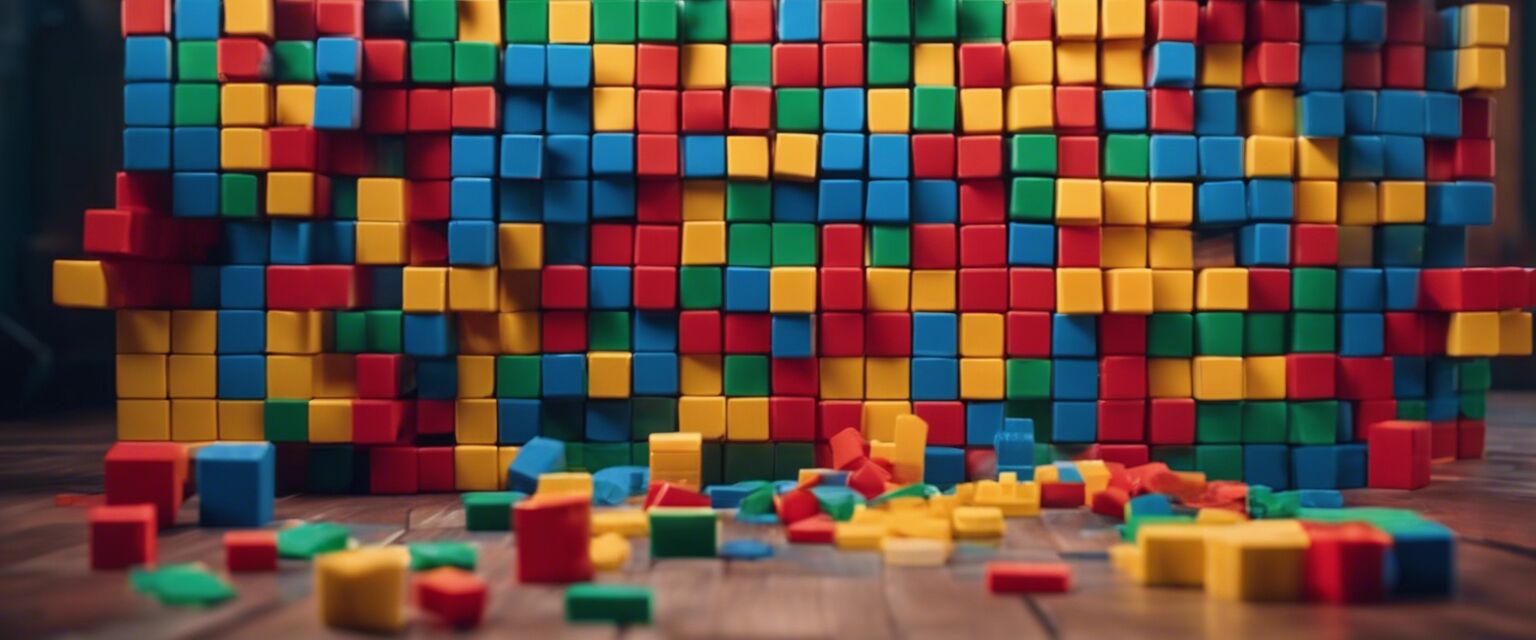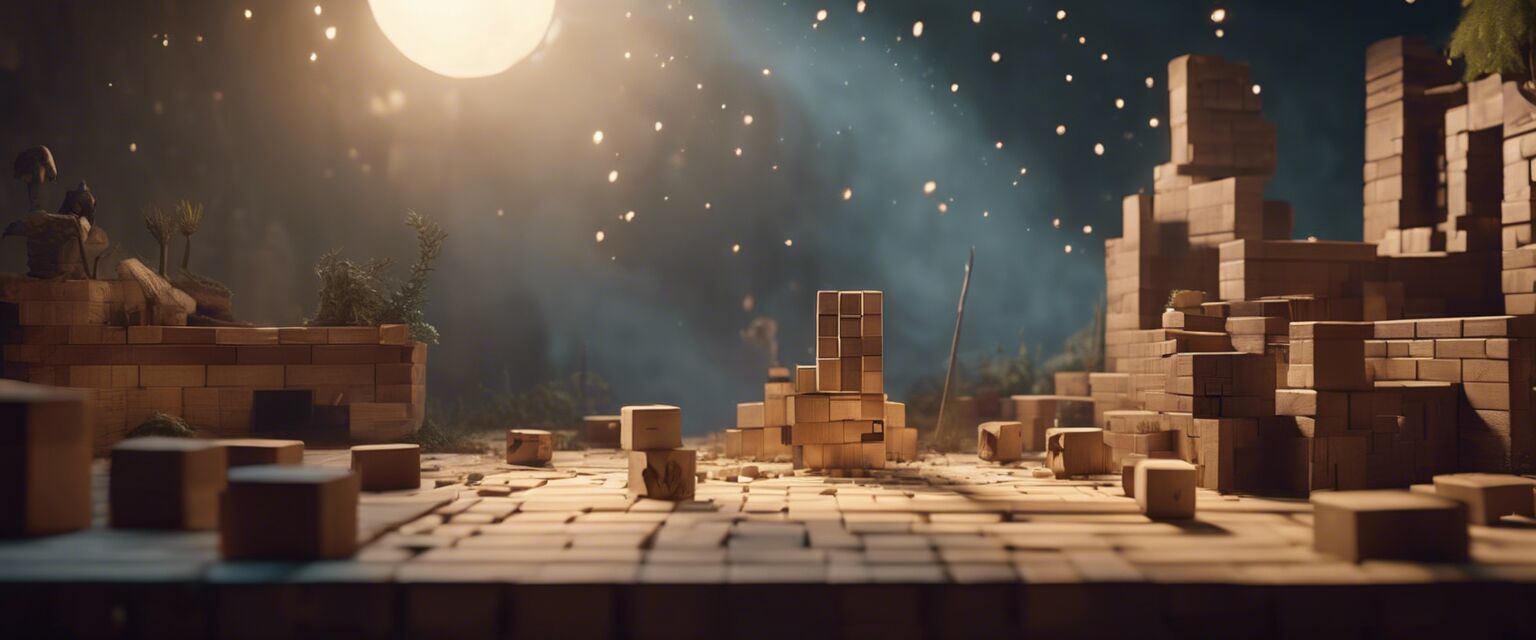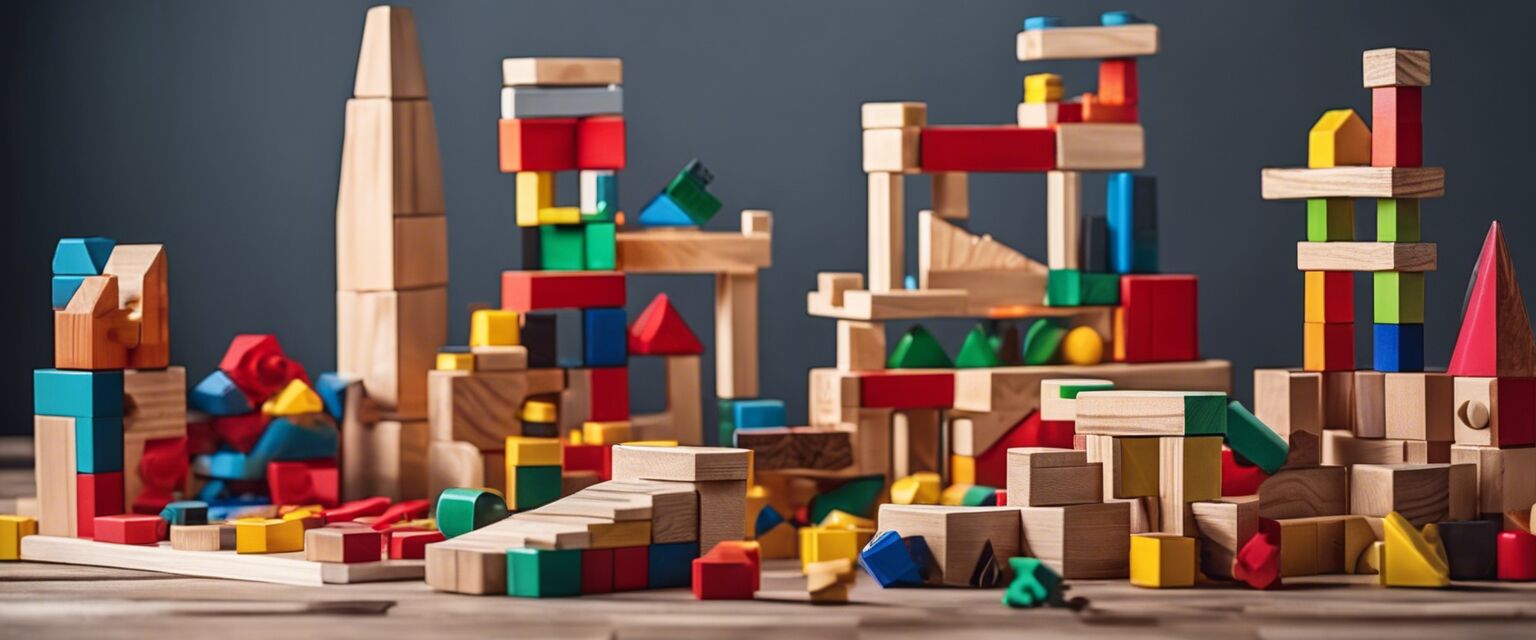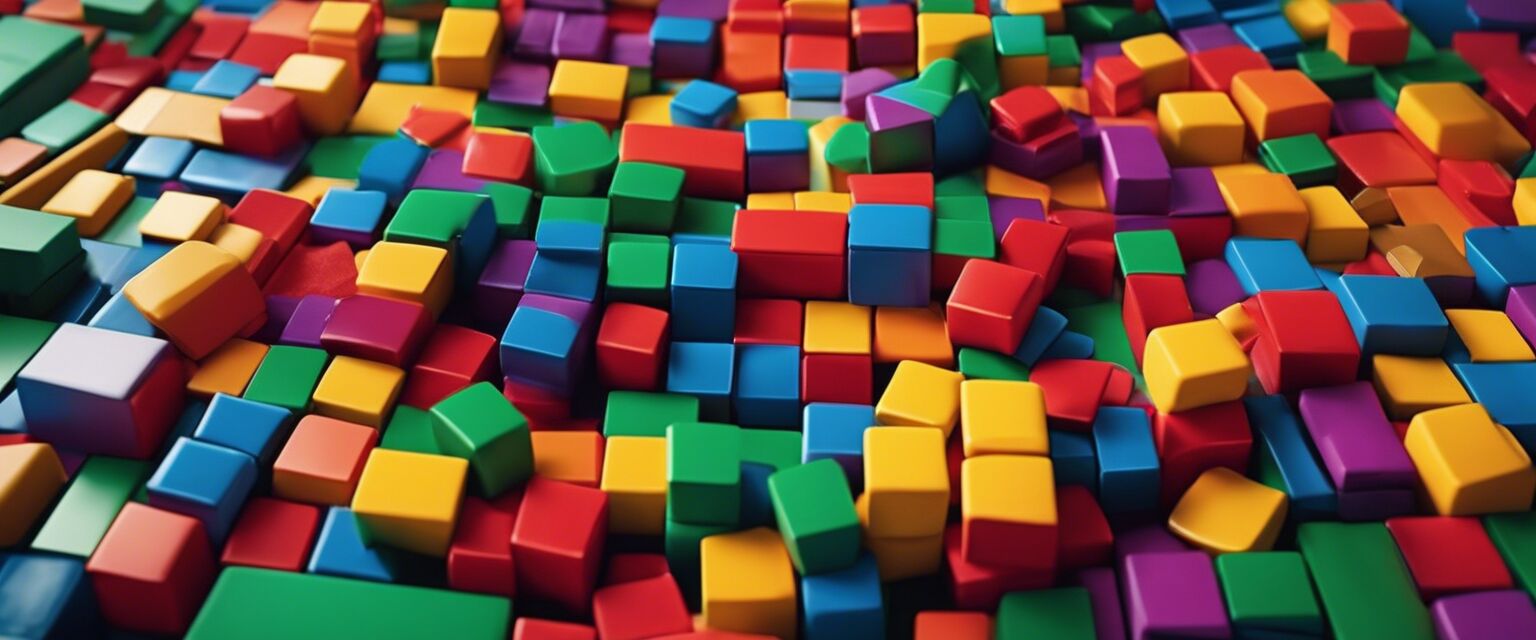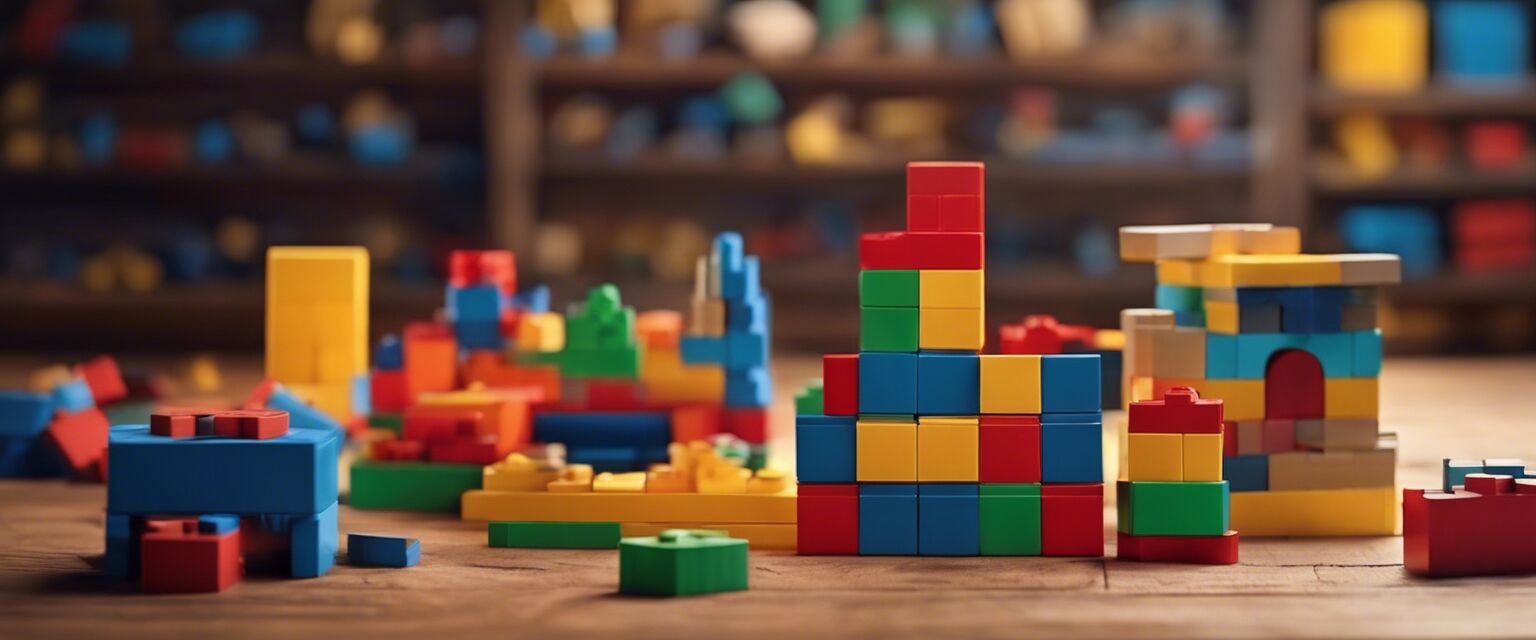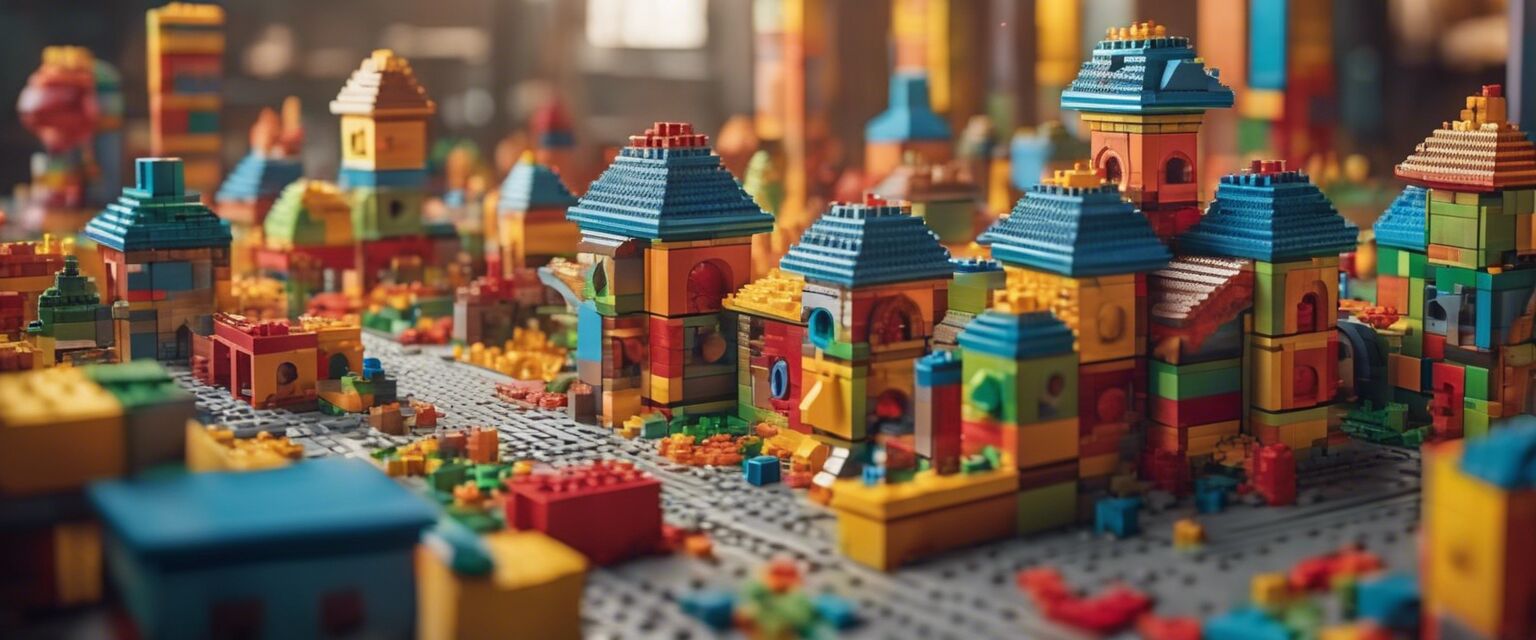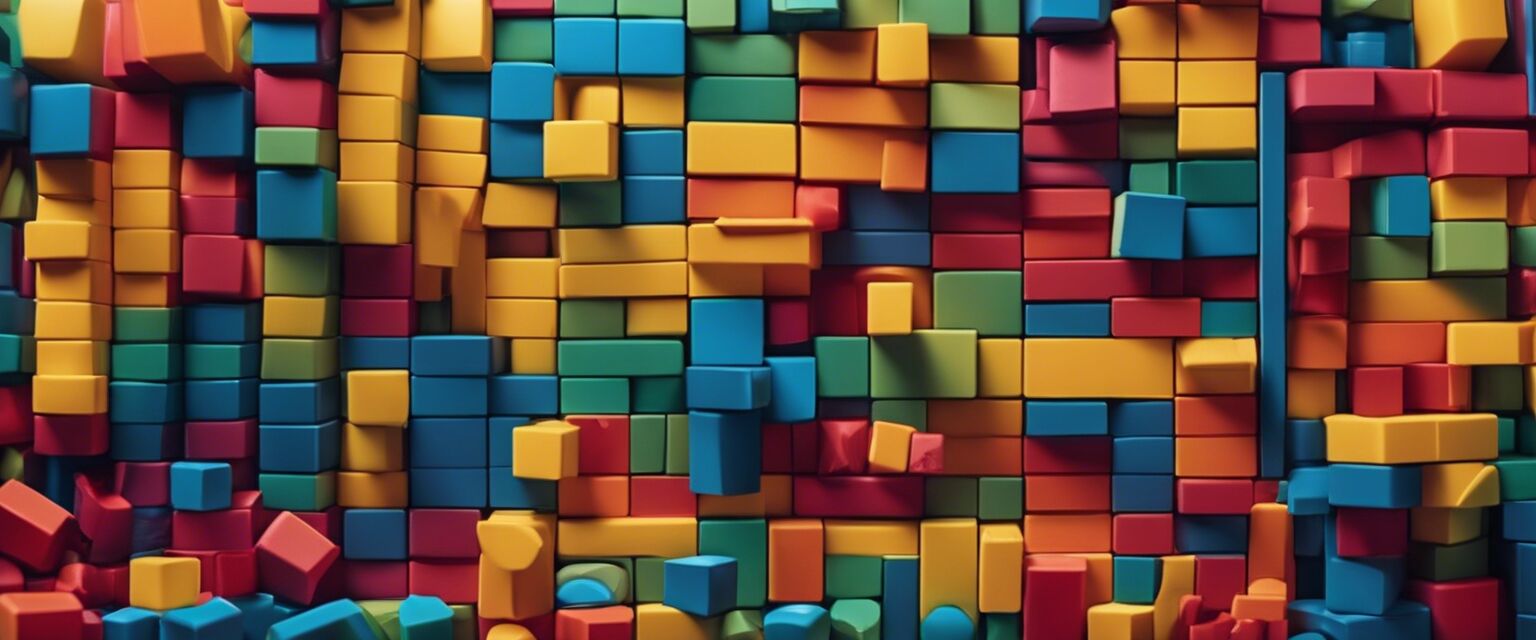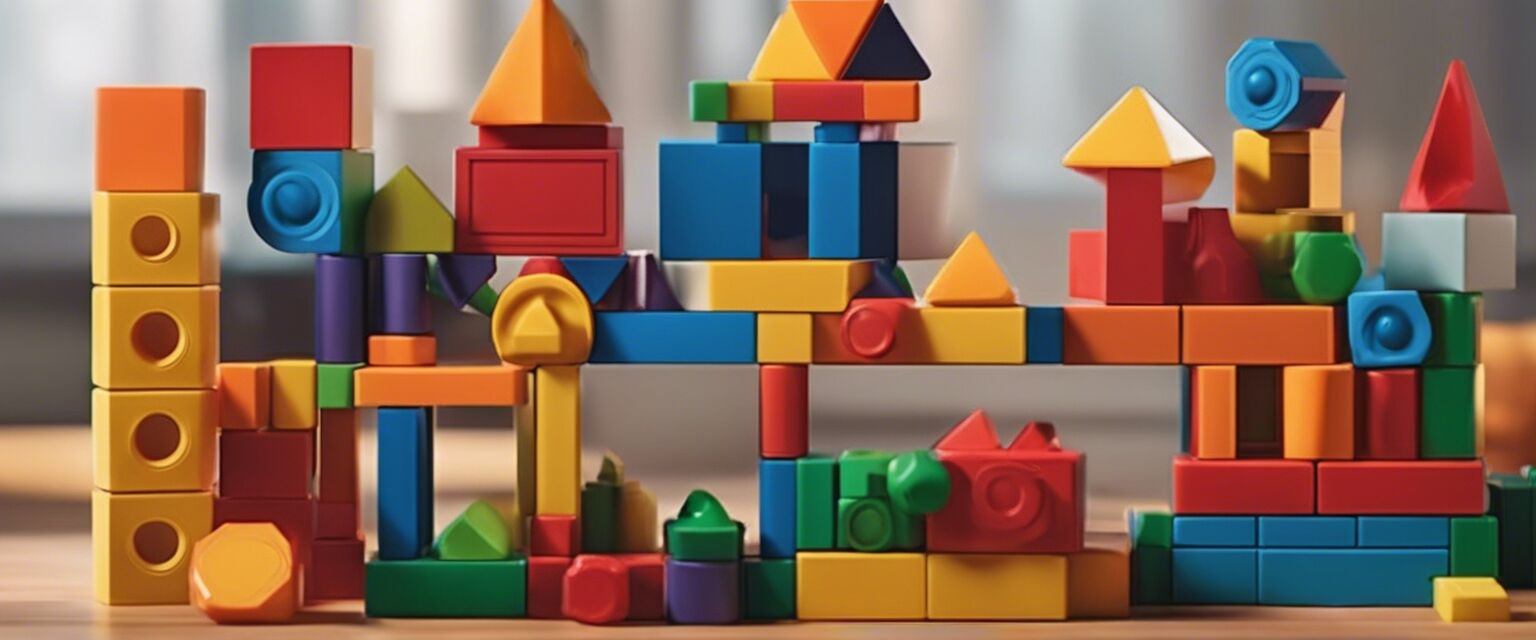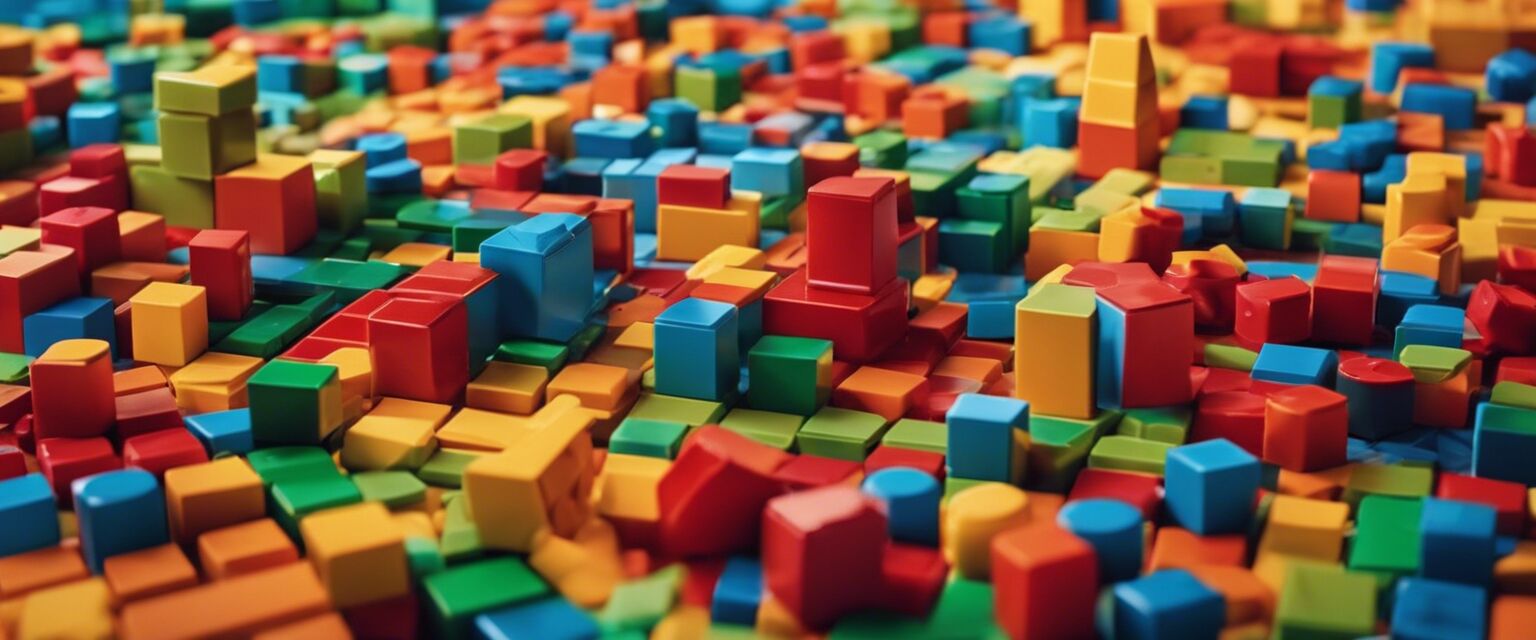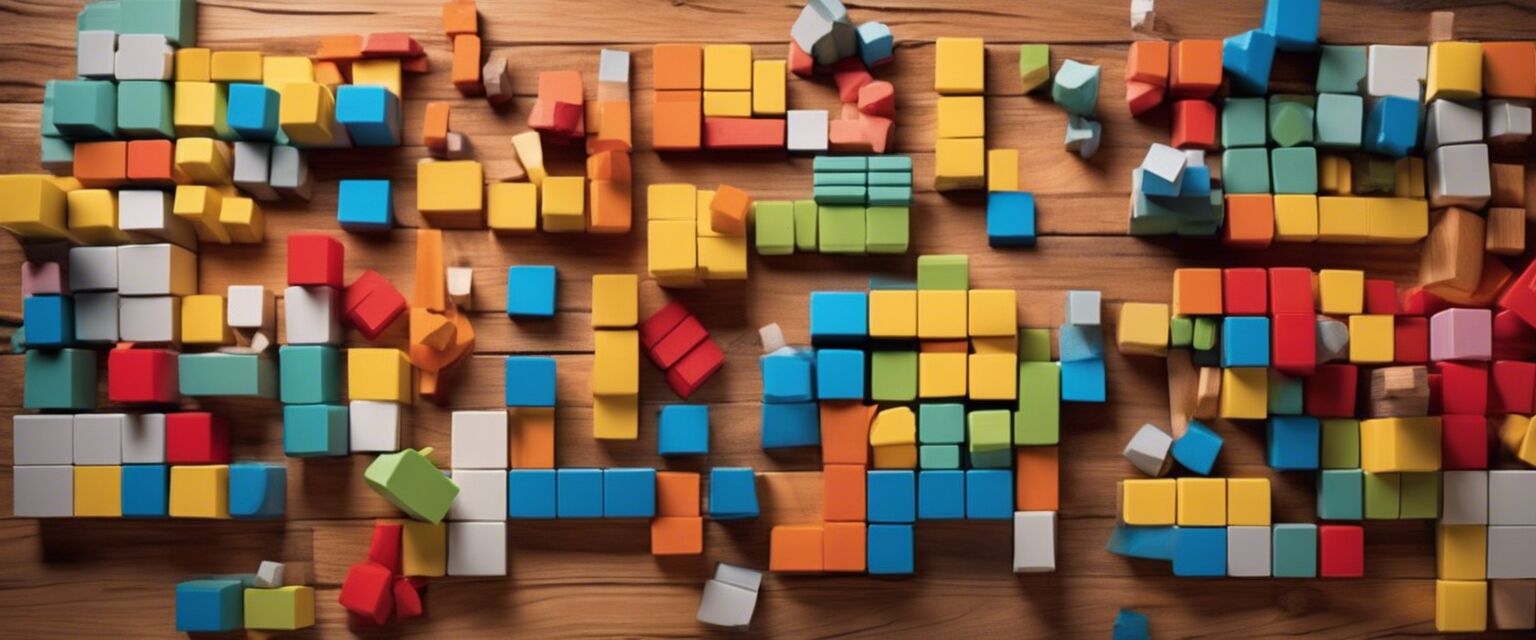
Building block play activities for groups
Key Takeaways
- Building block activities are great for developing teamwork and communication skills.
- They can be adapted for various age groups and skill levels.
- Engaging in group play fosters creativity and critical thinking.
- These activities are perfect for classrooms, playdates, or community events.
Building blocks are more than just toys; they are tools for creativity and collaboration. In group settings, these activities can provide valuable lessons in teamwork, problem-solving, and communication. Below are some engaging ideas and games to incorporate building blocks into group play, making them perfect for classrooms or playdates.
Benefits of building block activities
- Social skills: Encourages interaction and teamwork.
- Cognitive development: Enhances problem-solving skills and spatial awareness.
- Creativity: Allows for imaginative play and innovation.
- Fine motor skills: Improves dexterity and hand-eye coordination.
Group play activity ideas
1. Collaborative building challenge
Divide participants into small groups and assign them a building challenge, such as constructing the tallest tower or a specific structure within a time limit. This activity promotes teamwork and encourages creative problem-solving.
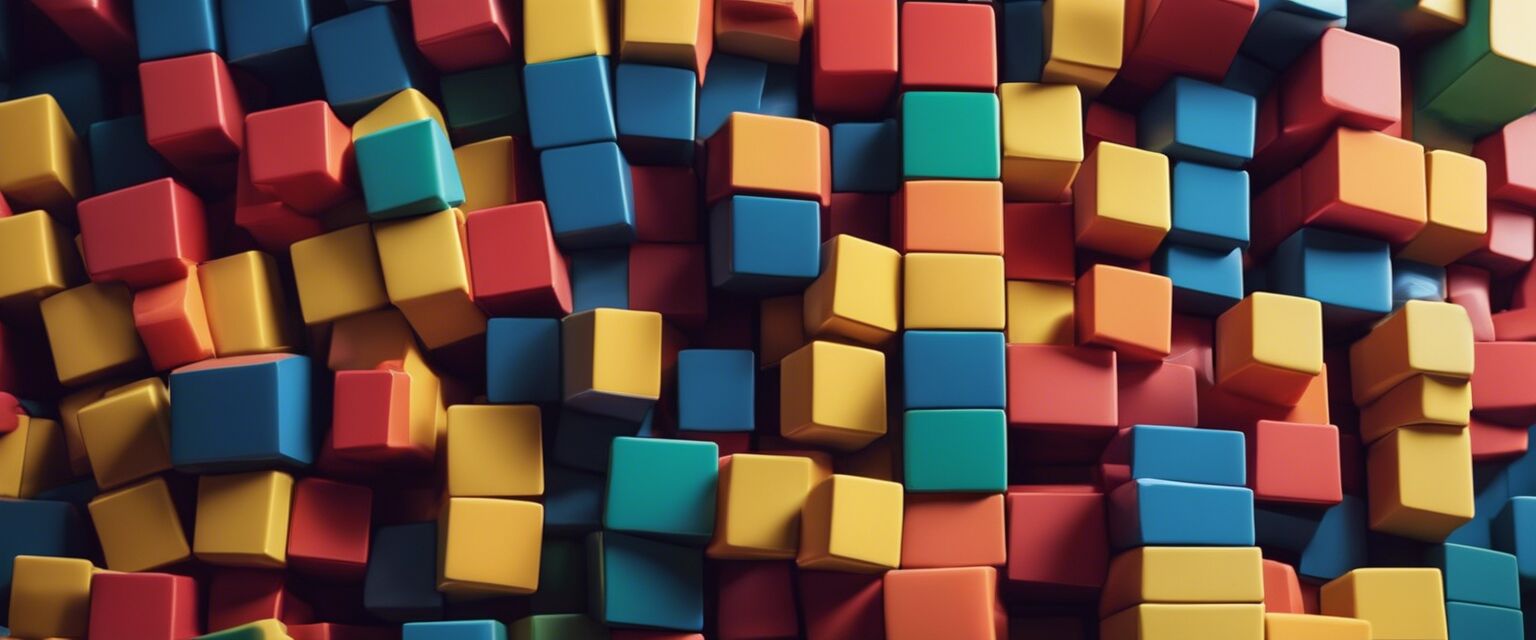
2. Themed building projects
Select a theme (e.g., city, space, or nature) and have groups work together to create structures related to that theme. This activity allows for creativity while also introducing educational concepts related to the theme.
3. Building block races
Set up a relay race where each team member must add a block to a structure before passing it to the next teammate. The first team to complete their structure wins. This activity enhances cooperation and communication among team members.
4. Storytelling with blocks
Have participants build scenes or characters from a story and then narrate their story using their creations. This activity encourages imagination and helps develop narrative skills.
5. Engineering challenges
Introduce engineering concepts by giving teams specific criteria to meet (e.g., the structure must hold a certain weight). This fosters critical thinking and collaboration while providing a hands-on learning experience.
Tips for successful group activities
Beginner section
- Set clear guidelines to ensure all participants understand the objectives.
- Encourage inclusivity by assigning roles based on strengths.
- Provide a variety of building blocks to cater to different skill levels.
- Be prepared to guide discussions and mediate conflicts if they arise.
- Incorporate breaks to keep energy levels high and maintain focus.
Creating a positive environment
Ensure that the play environment is safe and free from distractions. This encourages creativity and allows participants to concentrate on their tasks. Additionally, celebrate all achievements, regardless of the outcome, to foster a positive atmosphere.
Conclusion
Building block play activities offer endless possibilities for group engagement. Whether in a classroom or during playdates, these activities promote teamwork, creativity, and skills development. By implementing the ideas and tips outlined in this article, you can create enriching experiences that children will remember and cherish.
Pros
- Fosters teamwork and communication skills.
- Encourages creativity and imaginative play.
- Can be adapted to various age groups and skills.
- Enhances cognitive and fine motor development.
Cons
- May require supervision to ensure safety.
- Can lead to frustration if challenges are too difficult.
- Time-consuming if not properly managed.
Explore more on building block play
For additional resources and products that can enhance your group activities, check out our other categories:
- Architectural Model Kits
- Classic Building Sets
- Educational Building Kits
- Fantasy Block Worlds
- Mechanical Building Sets
- Thematic Block Sets

